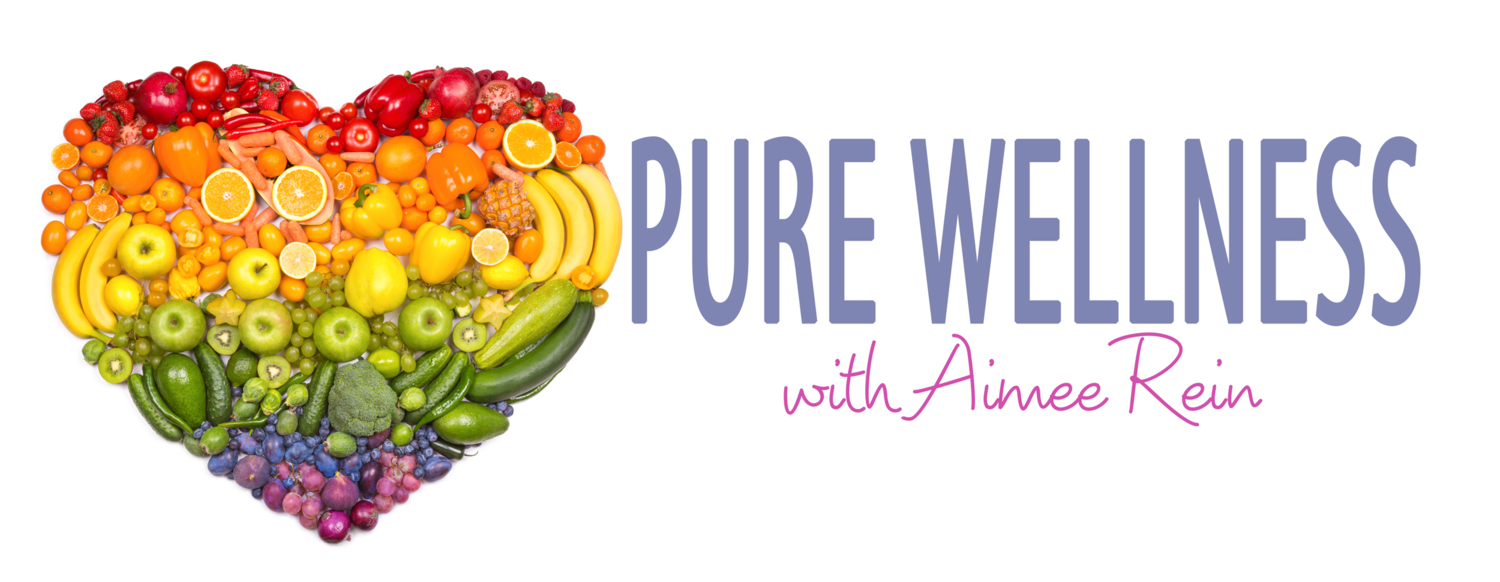Want to know one of the simplest ways to eliminate digestive issues such as gas, bloating, abdominal pain, and low energy? Chew on this.
How you eat matters just as much as what you eat. You can improve digestion at your next meal by simply slowing down and taking the time to chew and savor your food. Why is chewing so important? It is one of the first and most crucial steps of the digestive process. Chewing prepares food for digestion by breaking it down into smaller particles that the body can break down even further for energy and nutrients. At this point, you may be thinking, “I already know how to chew food. I’ve been doing it my whole life!” Well, of course, you know how to chew! But most of us don’t chew our food nearly enough to digest it properly. We squeeze meals into our busy schedules so that eating quickly, or on-the-go, has become second nature to us. However, you can improve the way you chew food in order to substantially ease digestive issues and chronic fatigue that many people experience on a daily basis. Digestion requires a huge amount of energy from our bodies. Imagine how much more our digestive systems have to work if we don’t help it out with some extra chewing. Why don’t we take the time to make this process easier on our bodies, and in turn, increase our overall health and energy levels?
Proper chewing is extremely important for EVERYONE, especially if you experience any of the following ailments:
Bloating - Large food particles that end up in the stomach take up a lot of space and slow down digestion. Air can also take up some of that space since eating too quickly can lead to swallowing air.
Gas or constipation - Food particles that aren’t properly broken down through chewing need to sit in the digestive system for a longer period of time. This allows bacteria to grow in the intestine and lead to diarrhea, gas, bloating, constipation, etc.
Acid reflux, heartburn, indigestion - Have you ever felt an uncomfortable burning sensation in your chest or throat after a meal? Not chewing food enough can cause the stomach to work harder and create more acid, which can travel up your throat and create discomfort.
Low energy - Digestion is one of the most energy-consuming processes in the entire body. Chewing your food enough means that your body needs to use less energy to digest it further.
How to chew your food for less discomfort and more energy:
SAVOR! Take a moment to slow down and feel gratitude around mealtime. Start by thinking about your food before you eat which gets those digestive juices flowing. Then take a few deep breaths and relax. Eating in a hurry or under stress can interrupt the digestion of food, resulting in several of the ailments previously listed.
Practice counting your chews. There’s no “special number” you should strive for while chewing. It all depends on the specific food you’re eating since some can be chewier than others. The more you chew, the more you are helping your body in a very energy-consuming process.
Put your fork down in between bites. This tactic allows you to solely focus on what you are currently chewing on instead of waiting for the next bite of food.
Bring consciousness into the act of eating. Essentially, focusing on really chewing our food helps take stress off of our hard-working digestive organs. The more digestion that takes place in the mouth through chewing, the less work the rest of your body has to do later. At your next meal, take the time to truly savor each bite of food you put into your mouth and be mindful of how you feel after the meal. Do you notice a difference?


